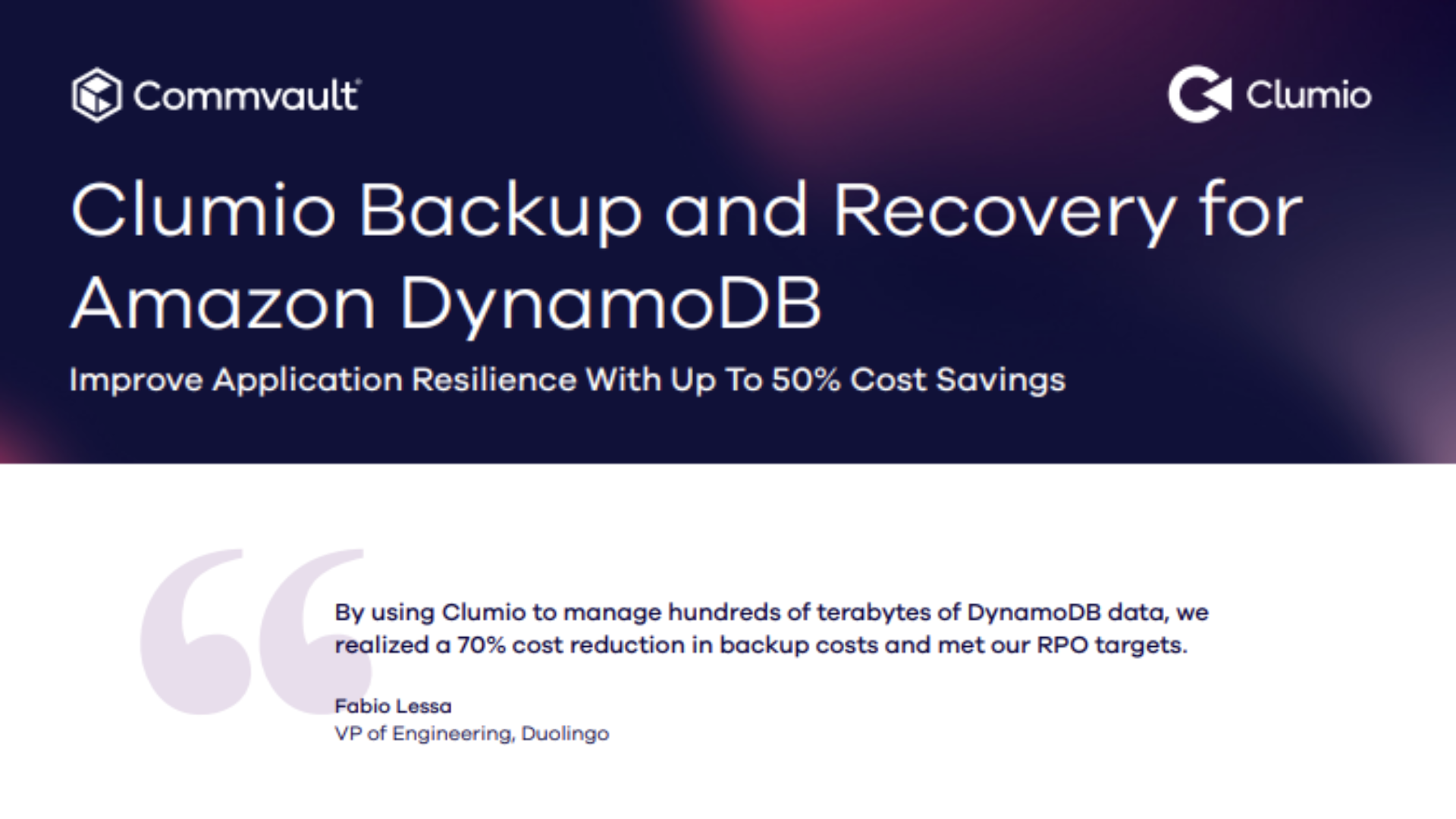Analysis: Cloud computing boosted by portables
How portable devices are making the cloud accessible to all.

Its likely that right now you'll have a mobile phone in your pocket, a lightweight laptop in your bag, or the Sat Nav in your car, all under the cloud.
That means much of your vital data is not just at your home, at the office or in your wallet, but can easily be accessed by hooking up to the huge memory of the internet "cloud" with portable devices.
"There's a lot of buzz about this. Everybody wants to be connected to everything everywhere," said Laura DiDio, an analyst with Information Technology Intelligence.
Cloud computing for mobile devices is taking off with the expansion of high-speed wireless networks around the world.
"You're in a car driving someplace. Not only do you want directions, you want weather reports. You want know what are the best hotels around, where are the restaurants," DiDio said.
That kind of information is available in cars - and most other places - via mobile phones, "netbook" laptops hooked up to wireless air cards and even high-end navigation systems.
The cloud has been around since the mid-1990s when web pioneers such as Hotmail, Yahoo and Amazon tarted letting consumers manage communications, appointments and shopping via the internet.
Sign up today and you will receive a free copy of our Future Focus 2025 report - the leading guidance on AI, cybersecurity and other IT challenges as per 700+ senior executives
Expansion came after companies such as Google offered free programs similar to Microsoft's Word and PowerPoint, using an ordinary PC hooked up to the internet, or a wireless handheld computer, or phone such as the Apple iPhone.
Nowadays you can shoot a photo with your mobile phone and email it to a free photo-editing site such as Picnik.com. Rearden Commerce offers a "personal assistant" that manages airline bookings and restaurant reservations via RIM's BlackBerry device.
NetbooksThe internet cloud, which also stores photos, music and documents that could be lost if a mobile device or PC were damaged, also supports huge social networks such as Facebook and News Corp's MySpace.
"Cloud computing is going to accelerate. It's a no brainer," said Roger Entner, an analyst with Nielsen IAG. "The stronger the wireless networks become and the more ubiquitous they become, the easier it is to put things on the cloud."
PC makers including Dell, HP and Asus have been successful in promoting "netbooks" - a class of PCs introduced over the past two years that are essentially stripped down laptops, but smaller and less expensive. They are designed primarily to access the Web.
Nine of Amazon's 10 top-selling laptops are netbooks, which have little storage capacity and generally do not come with DVD drives. In the past, consumers paid a premium for smaller laptops, which often were high-end models.
"Netbooks hit an immediate sweet spot because of the price point," said Enderle Group analyst Rob Enderle.
A new twistBack in the mid-1990s, Hotmail, now owned by Microsoft, pioneered the use of a Web-based service.
Today web-based email is one of the most widely used and easily accessible cloud services.
It works on ordinary laptops and netbooks. But it is rapidly gaining traction on "smart" mobile phones that share many functions with PCs. They include sophisticated devices such as the Blackberry and iPhone, as well as a new generation of handhelds from companies that include HTC, Nokia and Palm.
Analysts expect internet companies to focus more attention on cloud-based applications for consumers in 2009.
"There's no way to stop it," said Enderle of the Enderle Group. "It's just a case of getting more and more consumer offerings based in the cloud."
ITPro is a global business technology website providing the latest news, analysis, and business insight for IT decision-makers. Whether it's cyber security, cloud computing, IT infrastructure, or business strategy, we aim to equip leaders with the data they need to make informed IT investments.
For regular updates delivered to your inbox and social feeds, be sure to sign up to our daily newsletter and follow on us LinkedIn and Twitter.



